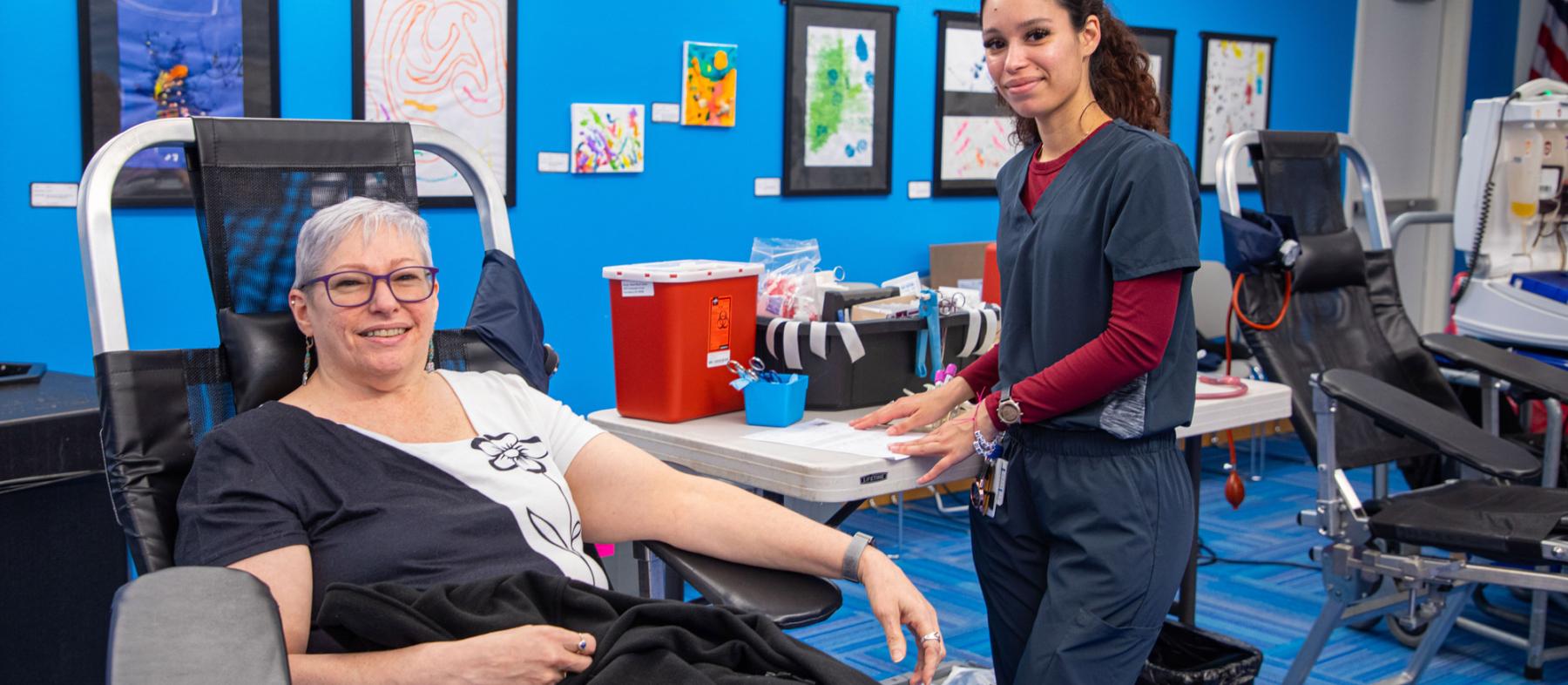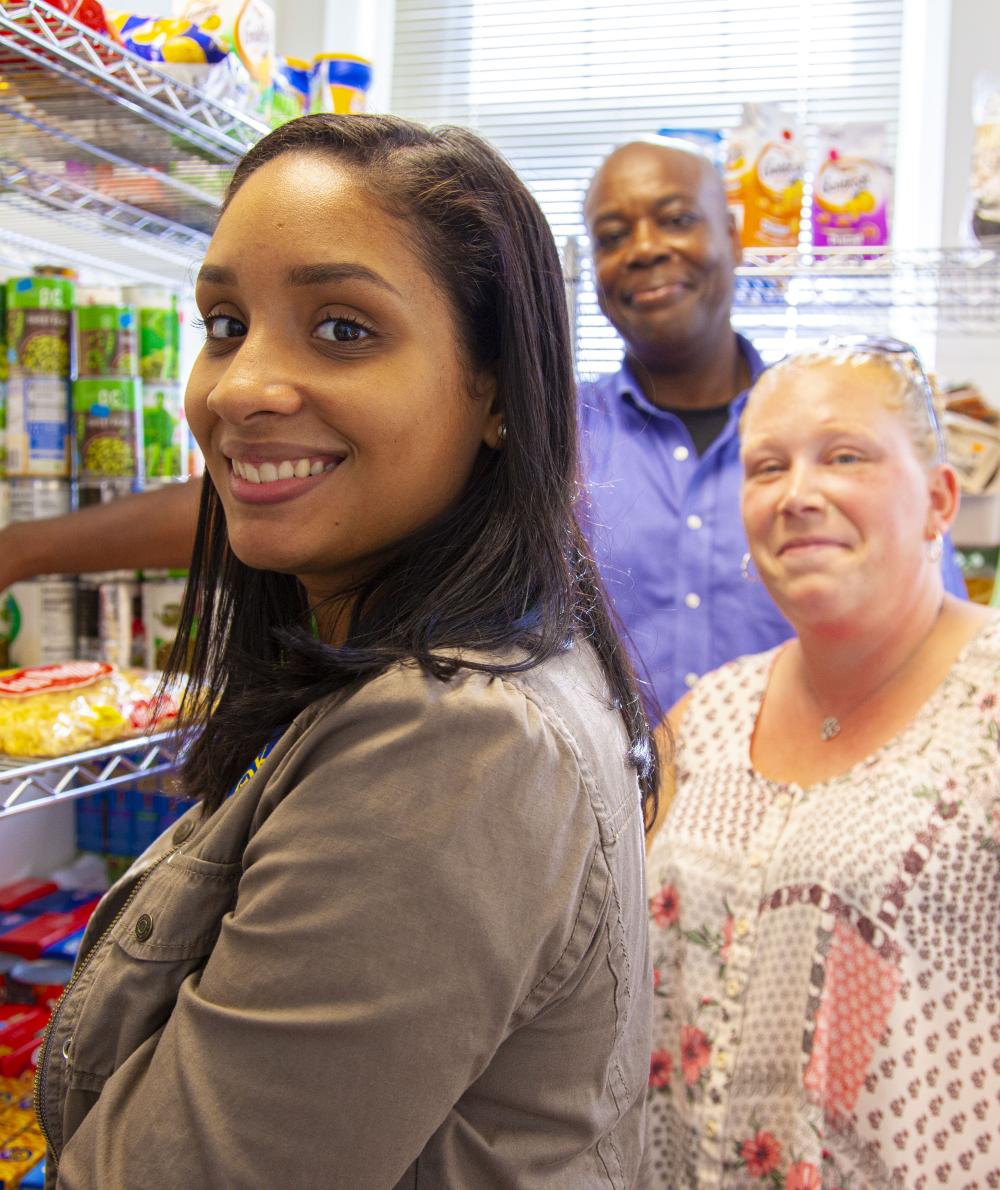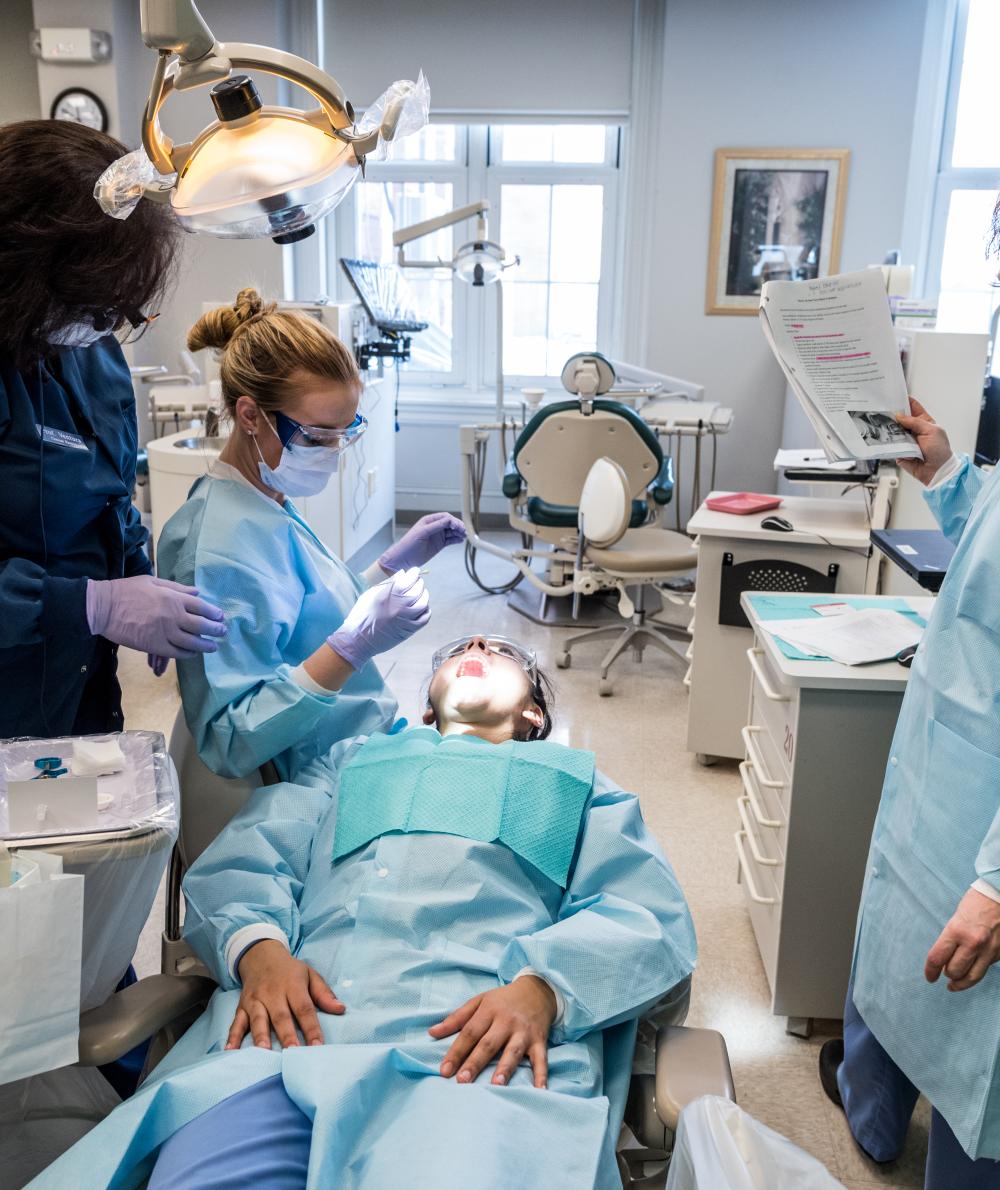Your physical, mental, and emotional well-being is important, and we’re here to help you on your journey to becoming a happier and healthier you! Discover the range of health and wellness resources available at QCC.
On-Campus Wellness Resources
Learn About Health and Find Balance
QCC actively promotes health and wellness on our campus through events, vaccine clinics, activities, and more!
Vaccination Clinic
12:00 pm - 04:00 pm
Health & Wellness News
Check out related news at QCC.
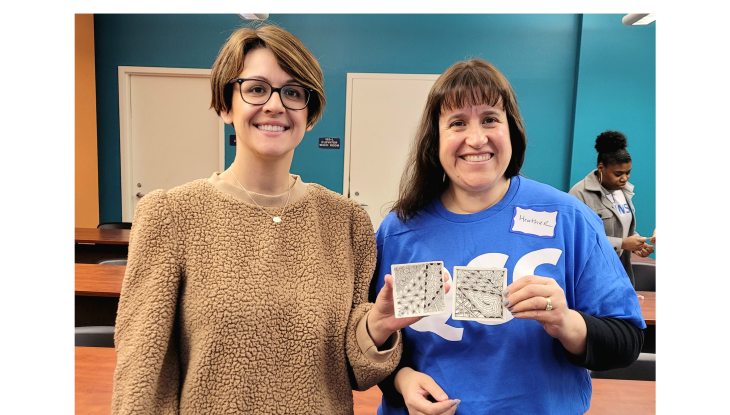
Get to Know Health and Wellness!
This month, we’re shining a light on the dedicated team behind Health & Wellness, a depart

Local Addiction Doc and Cast Come to QCC
QCC hosted a screening of the powerful award-winning documentary “Recovery City” last week, followed by a panel discussion with cast members.
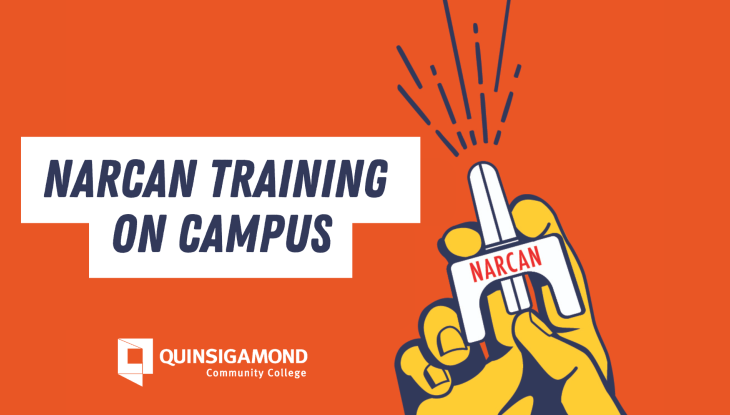
Health and Wellness Offers Overdose Prevention Training
Director of Health and Wellness Heather Lukas has brought a powerful training series to QCC.

